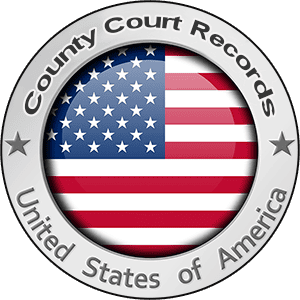County Criminal Court Records
Understanding County Court Records
Understanding the various courts in a County can help people navigate the complicated process of looking up court case records. The County Court Records website was created to assist the general public in understanding the county's judicial system and accessing publicly available records.
But how do you go about finding these records? And what do they tell you? Our resources will help guide you through the process of running a County Court Records Search. We'll explain the different courts in this county and the types of cases they handle. We'll also delve into why these records are public and the role they play in our society.
How to Search County Court Records
Looking up County Court Records is a straightforward process if you know where to begin. There are a few ways to accomplish this. You can use a state or county judicial website to access court case information, or you can use third-party privately run databases. The method you choose will depend on your needs and the type of record you're looking for. Before you start your search, it's important to have some key information available. This includes either the court case number, the parties involved, or the name of the attorneys involved.
State and County Judicial Websites:
The County District Clerk's website is a good starting point to search countywide. Their website provides access to various court records, from civil and criminal to family and probate records. You will need to sign up with an account and register your information before making any requests. Additionally, there will be a fee for copies of any records and additional fees for certified documents.
Types of State-Run Courts in the United States:
State-run courts in the United States are divided into several levels, each serving different functions. These typically include trial courts, where most civil and criminal cases are first heard. Depending on the state, these courts may be called Circuit Courts, Superior Courts, or District Courts. Above the trial courts are appellate courts, which handle appeals and review decisions made in lower courts. Finally, each state has its highest court, often called the State Supreme Court, which hears significant cases and provides final rulings on state law. Understanding the structure of these courts can help you determine where to search for specific types of records.

